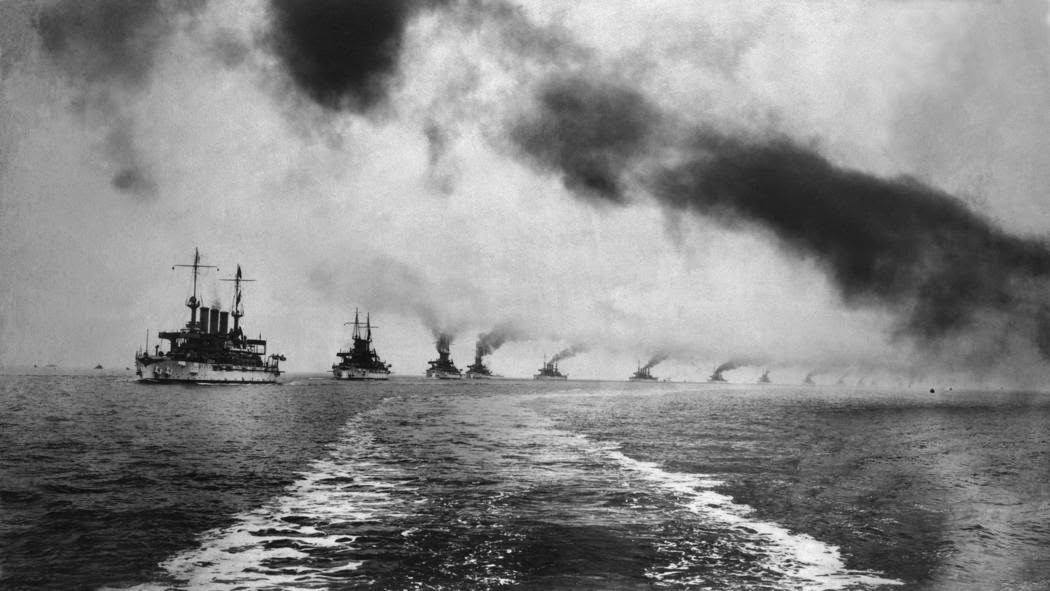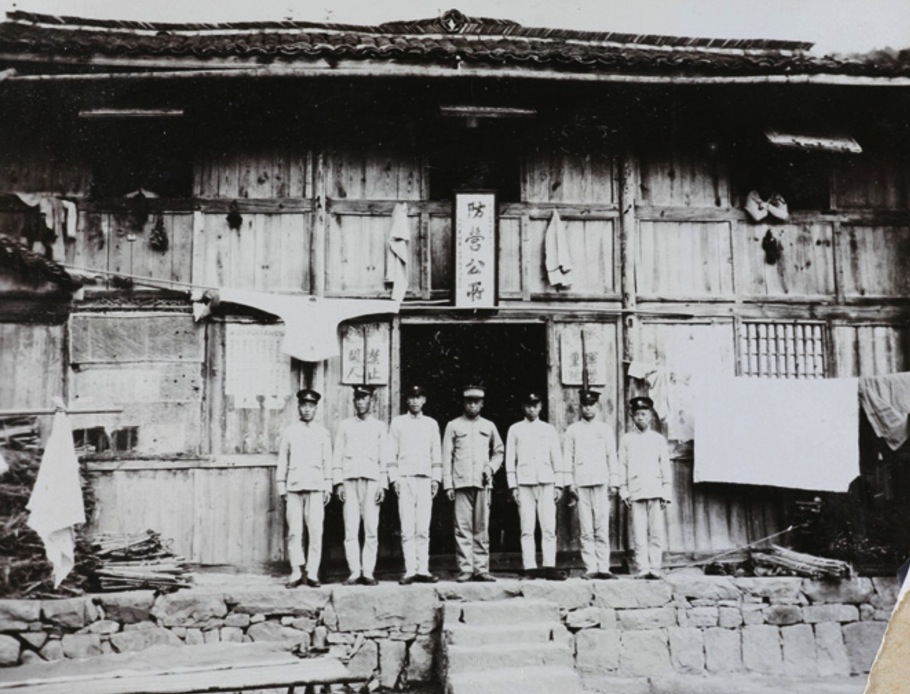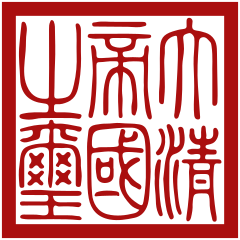The Romanian Political System
The Kingdom of Romania is a constitutional monarchy, having a legislative Parliament, with two composing sub-bodies, the lower house, the Chamber of Deputies, and the upper house, the Senate. The Chamber of Deputies consists of 183 deputies and the Senate is made up of 112 Senators. As stipulated in the Constitution of 1866 the acts of the King of Romania are only valid if they are countersigned by a minister, though he is also responsible for naming ministers and any minister who countersigned an act of the King is considered answerable for the act in question.The Constitution of 1866 also enshrined many rights, such as the freedom of conscience, of the press, of assembly, of religion, equality before the law (regardless of class), individual liberty, and inviolability of the home. Capital punishment is abolished in peacetime, while property is considered sacred and inviolable.
Yet despite the liberal nature of the Romanian Constitution, it is thoroughly undemocratic, even though it technically has universal male suffrage. The Chamber of Deputies is elected in three separate colleges. The first college is directly elected by 1.5% of the voters, property owners with an annual income of at least 1,200 lei, and consists of 75 of the deputies. The second college is directly elected by 3.5% of the voters, city dwellers and professionals paying an annual tax of at least 50 lei, and consists of 70 of the deputies. The third college is directly elected by 4% of the voters, literate rural property owners who have incomes between 300 and 1200 lei, as well as teachers and priests, and indirectly elected by the other 91% of the voters, through delegates who each represent 50 voters. The third college comprises 38 of the delegates.
Elections for the Senate are simpler, for there are only two colleges and 98% of the voters simply have no say in these elections. The first college consists of 1% of the voters, who have incomes of at least 2000 lei or are high-level functionaries or hold advanced degrees and have a certain number of professional employment. This college consists of 55% of the senators, that is to say 62 of them. The second college consists of 1% of the voters, who have incomes of between 800 and 2000 lei or hold advanced degrees or are professionals. This college consists of 45% of the senators, that is to say 50 of them. It is thus unsurprising that both major parties of Romania, the National Liberal Party and the Conservative Party, are primarily concerned with the interests of the elite.
The parties contain major differences despite this however. The National Liberal Party, currently led by Prime Minister Dimitrie Sturdza, has an interest in social reform, with some members proponents of more evenly distributing electoral power. A sizeable number of National Liberals also have interest in Land Reform, as the current distribution of land is seen as a great inhibitor to economic modernization. The National Liberal party is generally the party of the Urban elite, and thus has fewer reservations about weakening the power of rural boyars, who make up most of their opposition in the Conservative party. The recent reforms to Romania's economy are considered a long term investment by the National Liberal Party, where a more urbanized and developed Romania will bring a larger share of the voters to the National Liberal party, by increasing the number of industrialists, academics, and urban professionals. The National Liberal Party has also been historically Francophiliac, however the recent attempted secret arms deal between France and Bulgaria has greatly soured relations with France, even more so with the lack of French response on the matter. More and more, National Liberals are coming into line with their Conservative colleagues with a Pro-German view, seeing Germany as their best ally against their historical enemy Russia, and the rising threat of Bulgaria. The apparent ties between Bulgaria, Russia, and France, only deepen this view in the Romanian elite. Prime Minister Sturdza is an exception to the recent trend, in that he had long been a Russophobe and supportive of ties with Germany.
Petre P. Carp, leader and founder of Juminea
The Conservative Party, currently led by Gheorghe Grigore Cantacuzino, on the other hand is a party that is slowly having its influence drain away. Cantacuzino is an immensely rich man with xenophobic tendencies, the picture of rural conservatism, and holds great sway over his party. Yet increasingly he is seen as out of date, and behind the times. His most prominent opponent within his party is Petre P. Carp, leader of the Junimists, a literary club turned political group. Carpe and his supporters have long been in opposition to the larger Conservative establishment, only joining the Conservatives officially in the mid 1880s, and often cooperate more with the National Liberals than their supposed party comrades. Carp's daughter is even married to the son of Prime Minister Sturdza. Carp was Prime Minister of Romania from 1900 to 1901, before losing a vote of no confidence due to an economic slump. Carp's policies have been greatly continued under Sturza's subsequent government, and Carp remains an important bipartisan supporter of many National Liberal reforms. As a whole the Old Conservatives are neutral in regards to international affairs, and they chafe against the influx of foreign investment in recent years. In comparison Carp and his Junimists are ardent Germanophiles and have been gaining greater public support for these feelings in recent years. Carp is also noted for his unpopular opposition to the anti-semitic policies common to both parties (Romania is one of the few remaining European nations to have not emancipated its jews). The Conservative Party as a whole is supportive of economic modernization, though some feel that current efforts are progressing too fast.
King Carol himself primarily remains distant from political issues, though he has personal preference for the Old Conservatives in his social and economic views, though he is in greater agreement with the foreign policy of a Pro-German and Russophobic stance possessed by Carp and Sturdza.











.jpg)

















